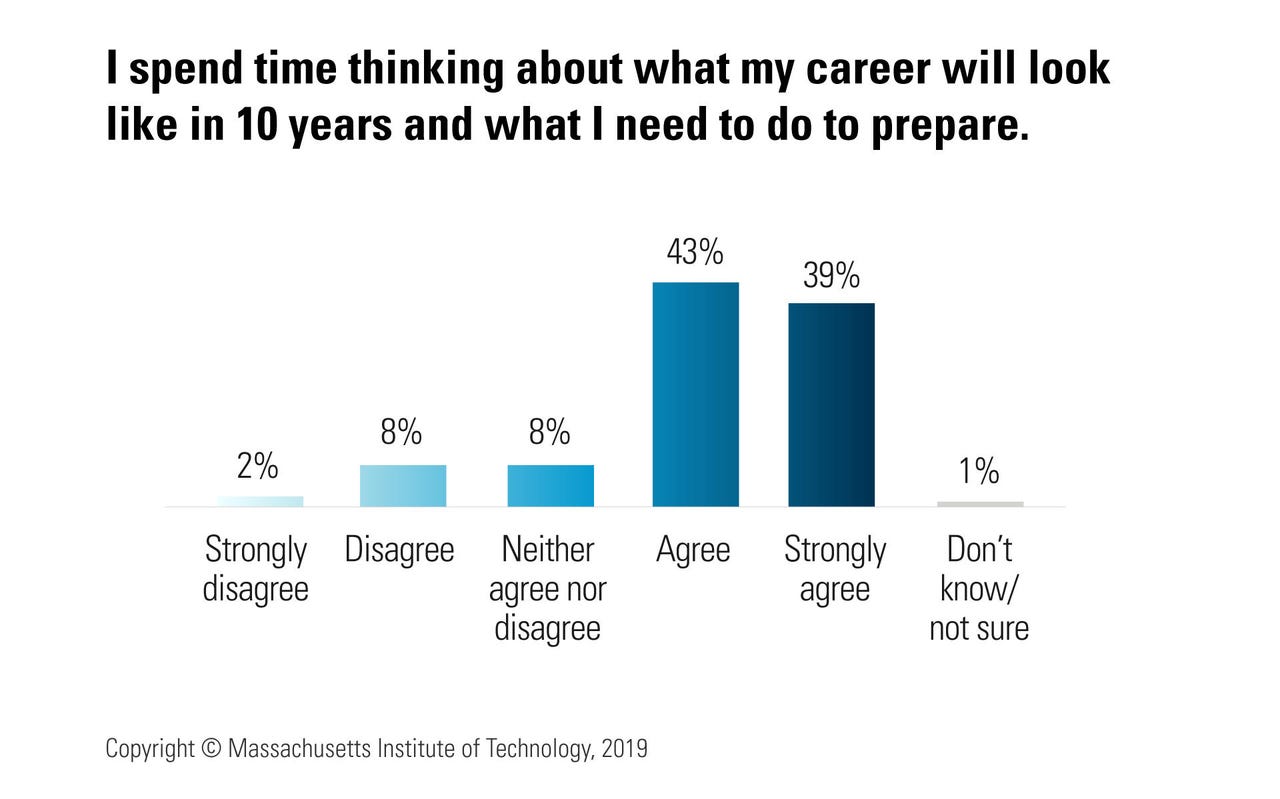Digital transformation efforts changing companies, careers, teams on multiple fronts


Companies that are more mature at digital business are more likely to partner, develop cross-functional teams and adopt ethics policies, according to a survey of 4,800 managers by Deloitte and MIT Sloan Management Review.
The study, which is in its eighth year, highlights that digital business transformation efforts are commonplace and now it's a case of maturation. The study also highlights how managers expect their companies and careers to change in unforeseen ways due to digitization.
Also: Adaptive enterprises are growing three-times faster than their competitors | 13 takeaways on the future of work | CEOs aim for growth, but eye tech for efficiency, cost management, productivity | Why businesses will have to audit algorithms, AI and account for risk
Key findings include:
- 80% of respondents from digital-maturing companies say their organizations foster partnerships with outside groups and partners. That percentage drops to 59% at companies that are developing their digital business skills and 33% at enterprises at companies in the early stages of transformation.
- 83% of respondents at digitally mature firms use cross-functional teams.
- 76% of digitally mature companies have adopted ethics policies compared to 62% at developing enterprises.
- 35% of respondents across all companies say they are talking enough about the ethical implications of digital business.
- 46% of CEOS say they are spending enough time on digital business ethics.
- 44% of respondents agreed or strongly agreed that digital innovation is a strength of their organization. 35% disagreed or strongly disagreed.
- 74% agreed or strongly agreed that their organization's leaders think digital innovation should be a core competency.
- 34% of respondents said they disagreed or strongly disagreed that their companies put enough resources behind innovation.
- 26% said 10 percent or less of their work involves the opportunity to experiment and innovate.
- 21% said alignment of goals and strategy was the biggest challenge to leveraging digital innovation partnerships.
- 74% of respondents said digital technologies and innovations have increased concerns about privacy.
- 56% of respondents either agreed or strongly agreed that they will have fundamentally different careers in 10 years due to digital trends.